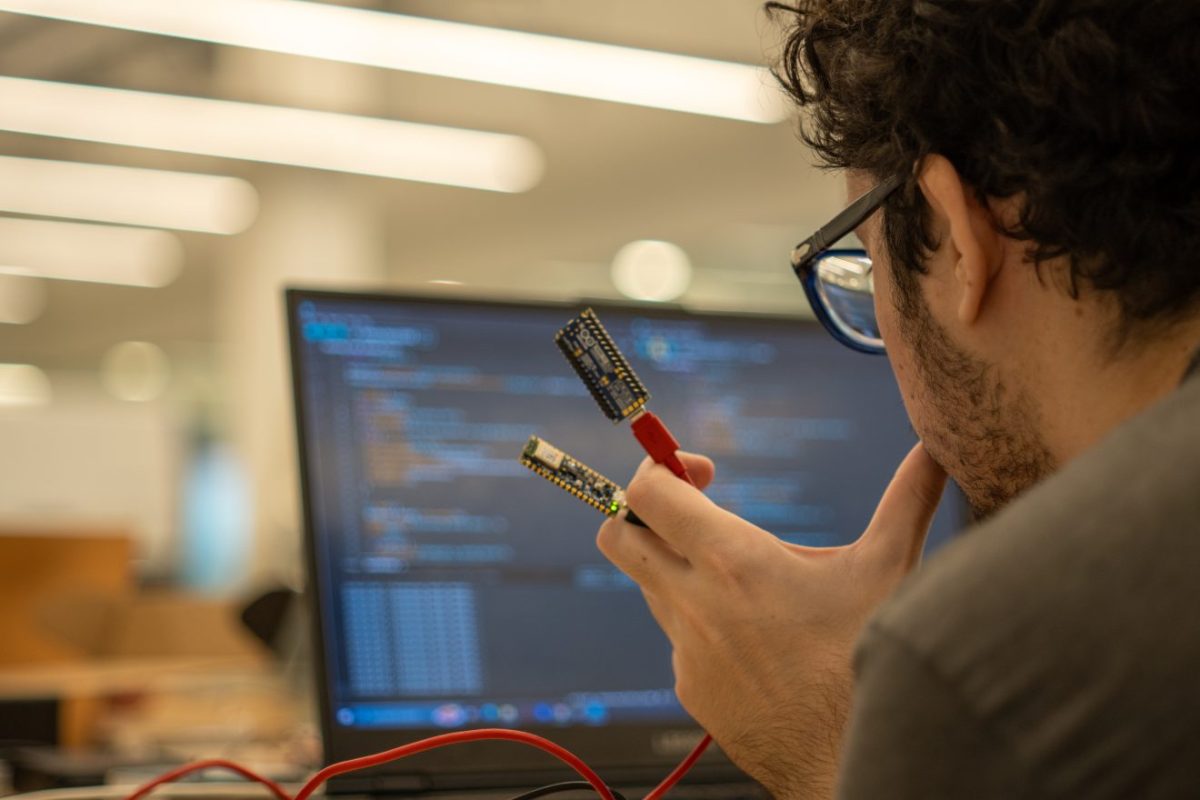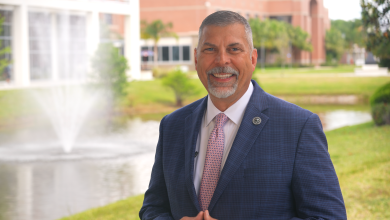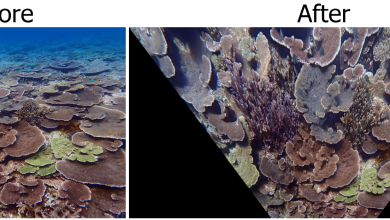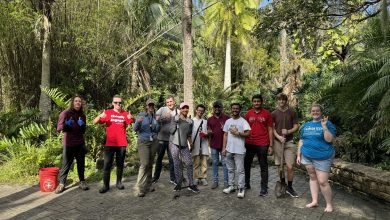Northrop Grumman Engineering & Science Student Design Showcase Ready to Amaze
Products from Years of Coursework, Hands-On Learning On Display April 19
MELBOURNE, FLA. — From the cosmic to the practical, from rovers that can fly over obstacles to methods for improving surgery and autonomous cars to a technique for converting food waste to fuel in the cruise industry, the ingenuity, creativity and passion of Florida Tech’s students will be on display at the university’s annual Northrop Grumman Engineering & Science Student Design Showcase.
The public is invited to attend the free event from 10:30 a.m. to 3:30 p.m. Friday, April 19 at the Clemente Center. There will be 120 projects, from machines to posters, on display, representing the culmination of years of work for graduating seniors.
In 2009, a $1 million endowment gift from Northrop Grumman Corporation provided ongoing support for students’ hands-on work, the powerful, experiential learning that Florida Tech is known for. Sponsorships from other local and national companies also assist. These gifts reflect a commitment to boosting interest in Science, Technology, Engineering and Math (STEM) programs and the value of learning beyond the classroom.
Here’s a closer look at a few of the projects featured in the 2024 showcase:
Project: M.A.R.S. (Mars Atmospheric Rover Simulation)
Area: Aerospace Engineering
What it is: A proof-of-concept Martian bimodal rover that can drive and fly utilizing a propeller propulsion system.
Why it matters: Saving time by avoiding length detours when obstacles arise, M.A.R.S. will allow faster travel to desired locations, thus allowing more time for research, experiments, etc.
Project: Collaborative Control of Autonomous Cars
Area: Computer Science and Software Engineering
What it is: Utilizing an open-source simulator for autonomous driving research, these students are working to code software that, in the event a self-driving car is unable to make an accurate decision, will more smoothly transfers control from car to driver.
Why it matters: As driverless and semi-autonomous vehicles grow in popularity, the number of accidents is also on the rise. More approaches, technological and otherwise, will be needed to curb this trend.
Project: StrabiSense
Area: Biomedical Engineering
What it is: A novel force sensor to be used in strabismus surgery, the medical procedure to treat crossed eyes.
Why it matters: Strabismus affects an estimated 4 percent of the U.S. population. The force feedback provided by this tool would give surgeons real-time quantitative data on the force outputs from extraocular muscles to increase the accuracy and precision of strabismus surgeries.
Project: Methanol Synthesis from Cruise Ship Food Waste
Area: Chemical Engineering
What it is: This project seeks to demonstrate how the cruise industry can turn food waste into fuel. It will provide a proof of concept of how food waste can be first turned into syngas and then into methanol, which can fuel the ships. The team is also developing a business plan that highlights the economic impact this could have on the industry.
Why it matters: Food waste is a concern on cruise ships. One line, Carnival, told USA Today that it generates 1.3 pounds of food waste per person each day on average. Converting all that material into clean-burning methanol would help in both economic and climate areas.
EDITORS/PRODUCERS: Media are invited to cover the showcase and are asked to contact Adam Lowenstein at adam@fit.edu or 321-674-8964 to confirm attendance.





